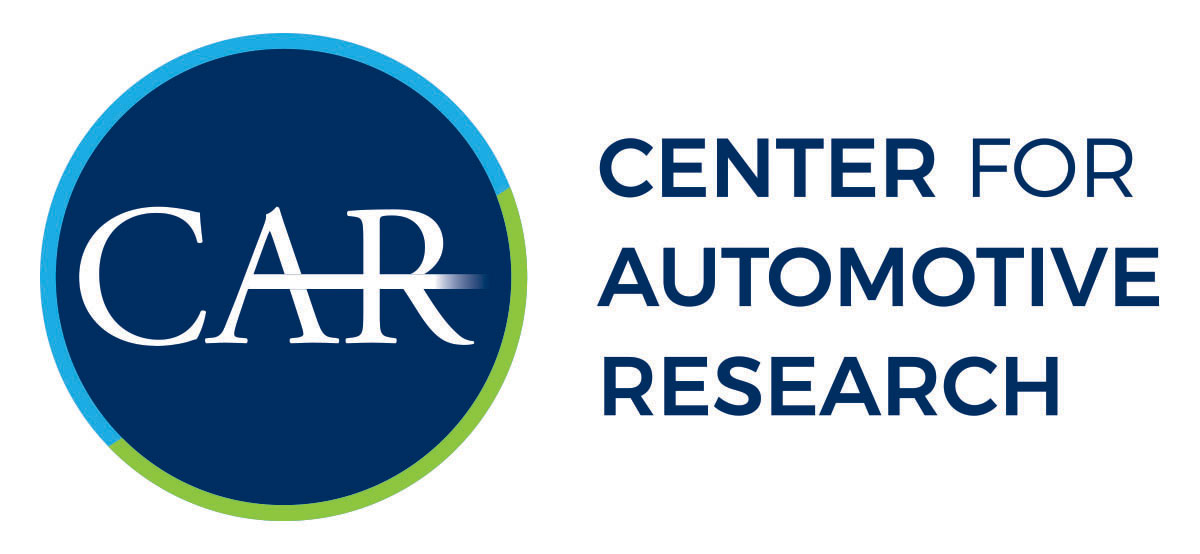An Assessment of Japanese Automakers’ Impact & Activity in the United States
Download NowFull Description:
A new study from the Center for Automotive Research (CAR) finds that Japanese automakers are a crucial part of not only the U.S. automotive industry but also the country as a whole. Their history in the United States consists of decades of investments in vehicle and major parts production operations across 24 U.S. facilities, as well as 49 research and development (R&D) and design centers in various regions of the country, and dealership networks that span all 50 states. With USD 53.3 billion in direct cumulative manufacturing investment in the United States since the early 1980s, these firms support 1.6 million jobs in the U.S. economy. Japanese automakers are among the leaders in bringing such technological change to fruition, as these firms make deep investments in innovative R&D efforts in the United States. In addition to the economic benefits they have brought, these firms have become a key part of the communities that host their facilities through the support of education, training, and philanthropic activities, among other contributions.
Download Now